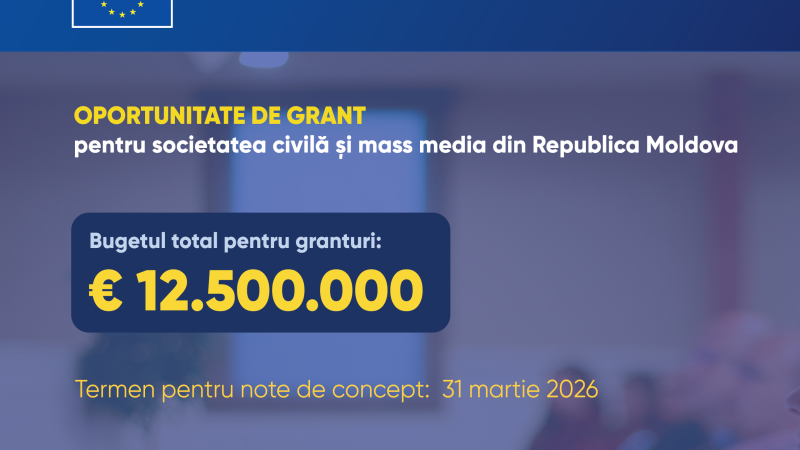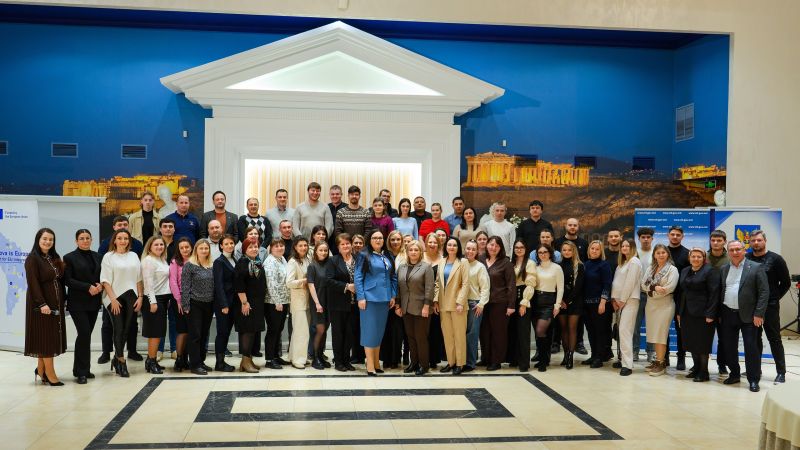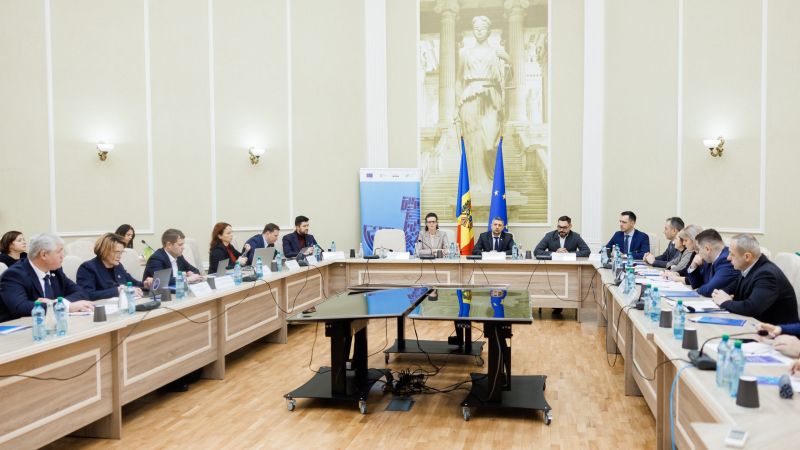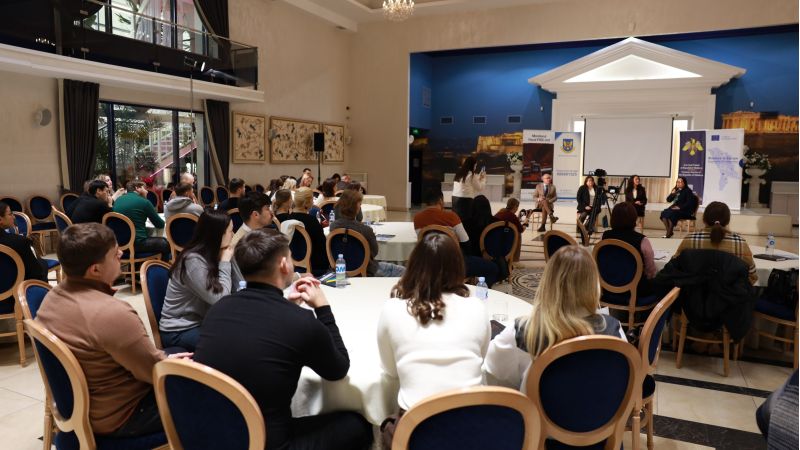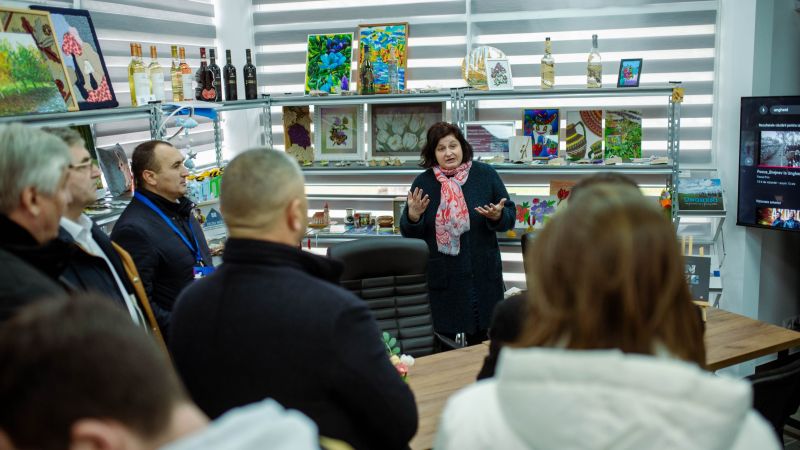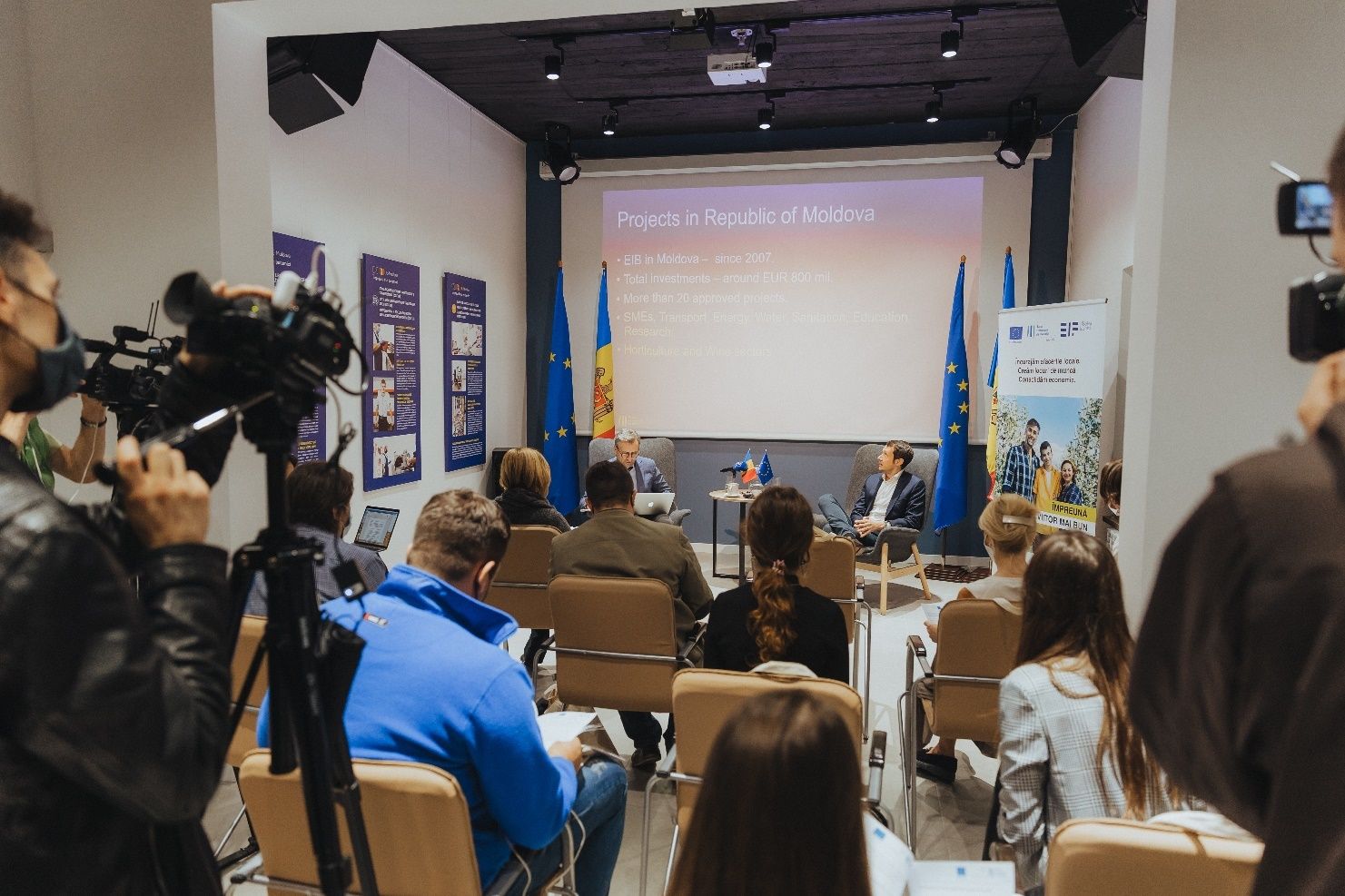
Linia de creditare Livada Moldovei: circa 60 de milioane de euro puse la dispoziția IMM-urilor din Moldova
De la lansarea liniei de creditare Livada Moldovei, peste 280 de proiecte de investiții au beneficiat de fondurile UE, oferite prin intermediul Băncii Europene de Investiții. În prezent, există un fond de aproximativ 60 de milioane de euro care urmează să fie pus la dispoziția altor beneficiari. Despre aceasta a anunțat astăzi noul șef al oficiului Băncii Europene de Investiții în Republica Moldova, Alberto Carlei, în cadrul unei întâlniri cu jurnaliștii, care a avut loc la Europe Café. Ajuns recent la Chișinău, acesta a prezentat rezultatele activității Băncii Europene de Investiții în Republica Moldova.
De la începutul anului 2021, 82 de beneficiari ai liniei de creditare Livada Moldovei au primit împrumuturi în valoare de 12,6 milioane de euro.
„Livada Moldovei este o operațiune – cheie a Băncii Europene de Investiții, a cărei scop este sprijinirea sectorului privat din Moldova. Această linie de creditare a contribuit la revitalizarea sectorului horticol și a susținut multe întreprinderi mici și mijlocii să se angajeze mai bine pe piața moldovenească, foarte competitivă și îngustă, ajutându-le, totodată, să își diversifice destinațiile de export”, a declarat șeful oficiului Băncii Europene de Investiții în Republica Moldova, Alberto Carlei.
Totodată, Alberto Carlei a menționat că din 2007, anul în care a început colaborarea dintre Banca Europeană de Investiții și Republica Moldova, au fost implementate 25 de proiecte investiționale în valoare totală de circa 800 de milioane de euro. Acestea au acoperit mai multe domenii, sprijinind întreprinderile mici și mijlocii (IMM-uri), educația și cercetarea, sectorul transporturilor și cel energetic, precum și asigurând fonduri pentru modernizarea rețelei de apă și canalizare.

„Banca Europeană de Investiții își va continua angajamentele în Republica Moldova, prin sprijin oferit în punerea în aplicare a EU Green Deal, creșterea eficienței energetice, continuarea finanțării proiectelor strategice de infrastructură în sectoarele cheie, cum ar fi transporturile și gestionarea deșeurilor, digitalizarea economiei moldovenești și susținerea IMM-urilor și a sectorului privat”, a declarat Alberto Carlei.
Cea mai mare parte din suma totală a investițiilor puse la dispoziție de Uniunea Europeană prin intermediul Băncii Europene de Investiții au revenit sectorului transporturilor, aproximativ 40%. Scopul principal al finanțărilor a constituit reabilitarea celor mai importante secțiuni ale drumurilor naționale. Totodată, Banca Europeană de Investiții a sprijinit achiziționarea a 90 de troleibuze noi în municipiul Chișinău.
Peste 30% din volumul creditelor au fost puse la dispoziție pentru a susține IMM-urile. O parte semnificativă a fost direcționată întreprinderilor din sectorul horticol și cel vitivinicol.
Sectorul energetic a primit, de asemenea, un sprijin semnificativ – aproximativ 16% din volumul împrumuturilor. Banca Europeană de Investiții a ajutat Republica Moldova să-și diversifice sursele de energie, sprijinind proiecte precum gazoductul Ungheni-Chișinău și îmbunătățirea fiabilității sistemului de transport al energiei electrice din Moldova.
În timp ce multe proiecte au fost deja implementate cu succes, există inițiative importante, care sunt încă în curs de desfășurare, cum ar fi Programul de Gestionare a Deșeurilor Solide, Programul privind Eficiența Energetică în Chișinău, precum și Proiectul de Interconectare Energetică cu România.

